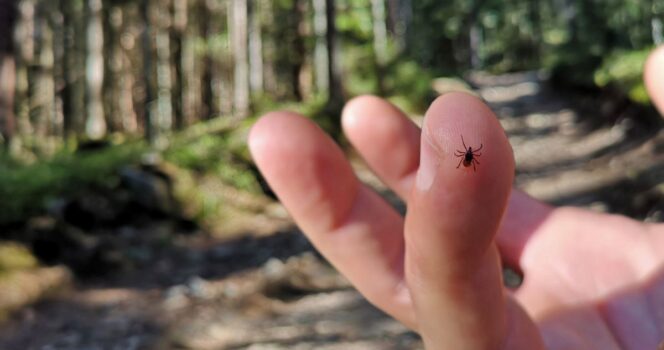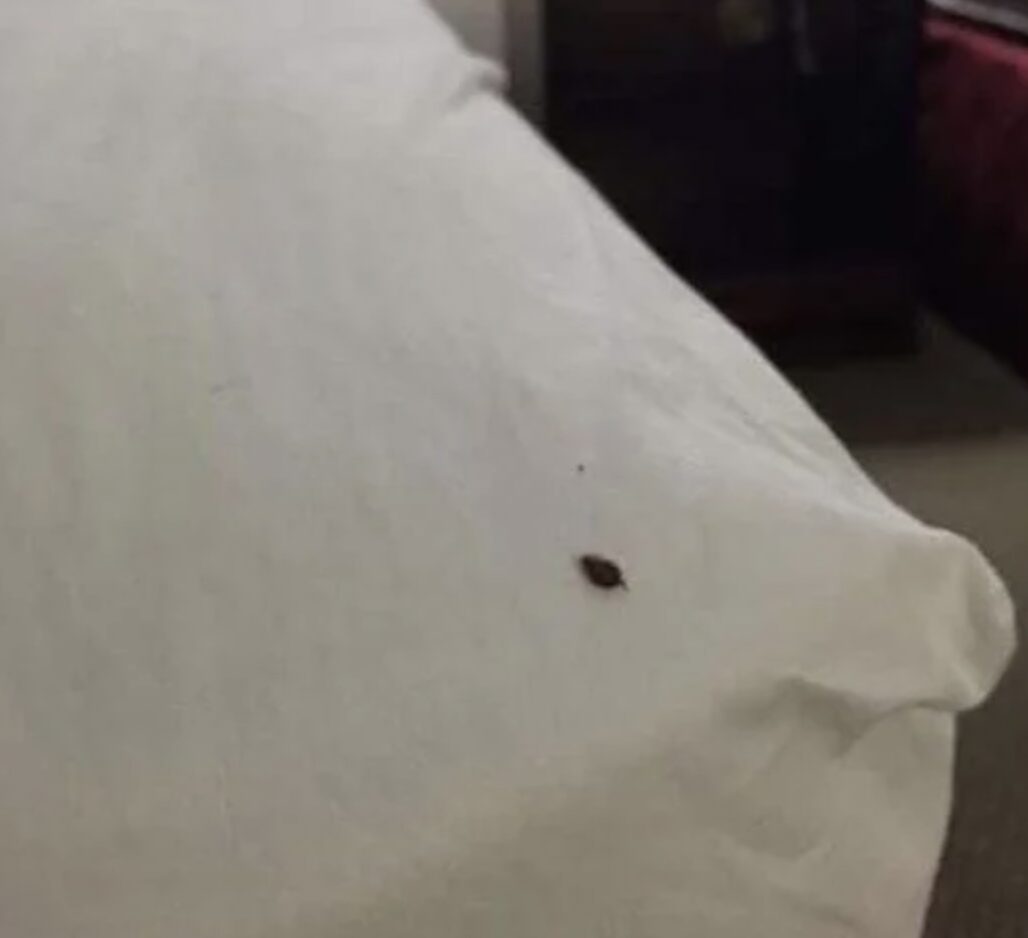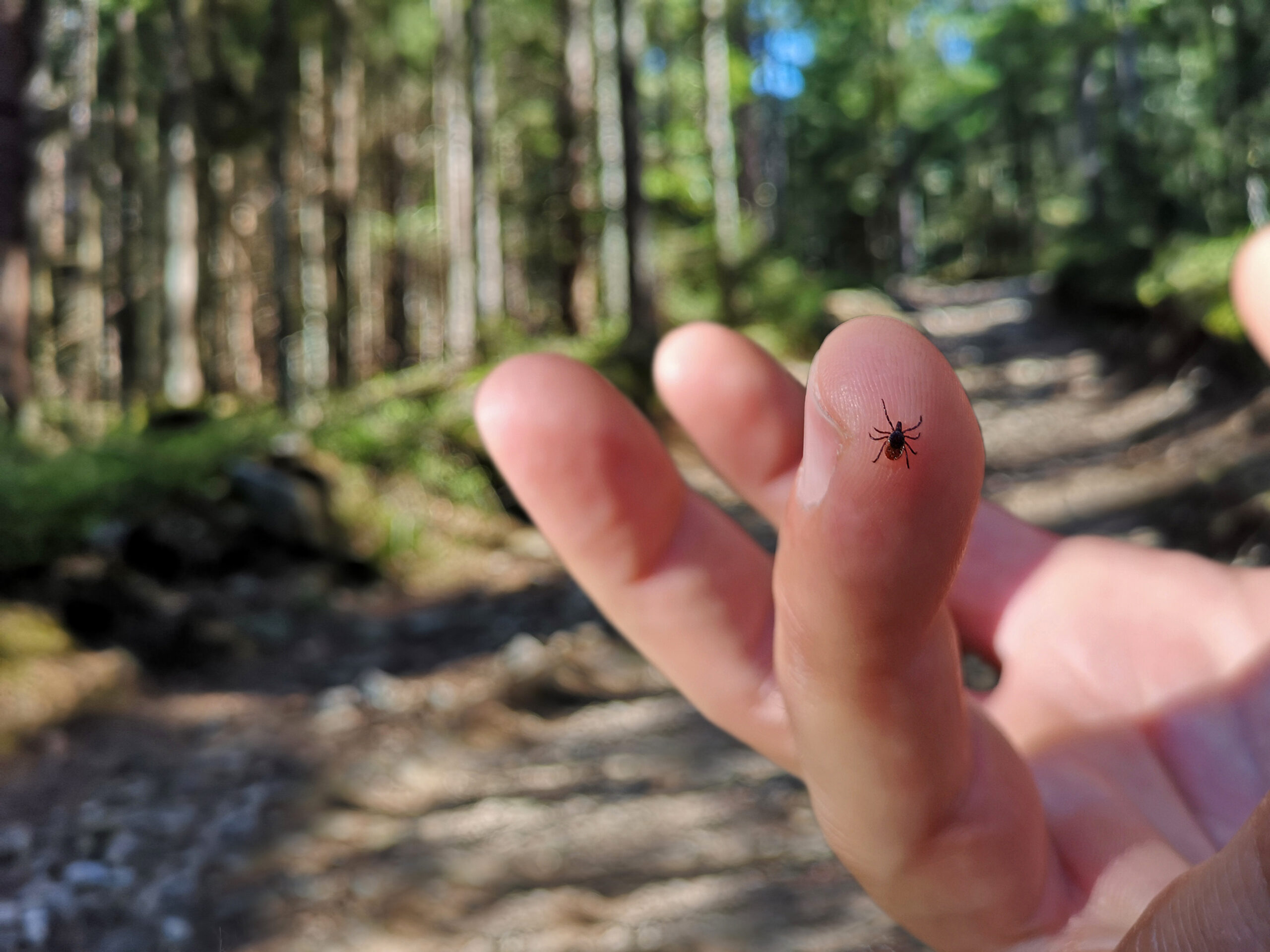

I like to think of myself as someone who has love and understanding for all creatures. Even spiders and snakes – fairly common phobias among people – don’t scare me to the point where I can’t take steps to avoid them.
I might say I have a high tolerance when it comes to creepy crawlies… just not when it comes to ticks.
No matter how embarrassing it is to admit, I wouldn’t lose a wink of sleep if ticks were to disappear from the world tomorrow. The point is, they are not only annoying (not to mention invasive), but they can also be dangerous.
Ticks can transmit debilitating diseases, including Lyme disease and Rocky Mountain Spotted Fever, so it goes without saying that they are probably not the best house guests to entertain…


That being said, depending on where you live, the time of year, and whether you have pets at home, the likelihood of encountering ticks indoors can be quite high or low.
So, what should you do if and when you come across one of these little pests…
It’s a good idea to try to identify the type of tick (there are nearly 1000 species of ticks worldwide). If the tick is in a specific location, keep your children or pets away until the tick is removed.
To ensure the tick doesn’t latch onto you, wear gloves and long-sleeved clothing to cover your skin.


Make sure to thoroughly wash all clothing and bedding that has come into contact with the tick. Do this at a high temperature. Vacuum the area, paying special attention to crevices and corners.
Use fine-tipped tweezers to grasp the tick as close to the skin surface as possible. Pull upward slowly but make sure not to twist or jerk, so the tick’s head does not break off and remain in the skin.
Following the removal, clean any bite areas with alcohol or soapy water. You can use alcohol to dispose of the tick, or flush it down the toilet.
Monitor Your Tick Bite
It’s a good idea to keep an eye on any bites you see and monitor for any symptoms.
Hopefully, this helps! Share this article on Facebook to spread the word.
If you found this article interesting, check out the following for more:
READ ALSO:
Share this with others!



